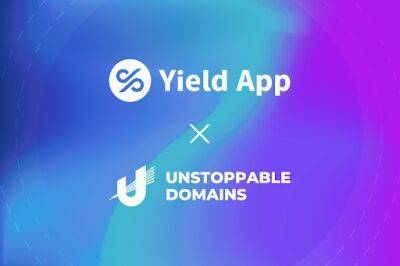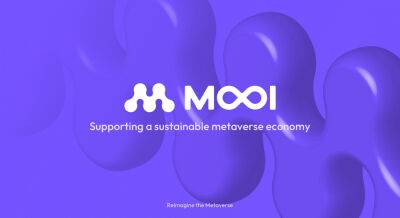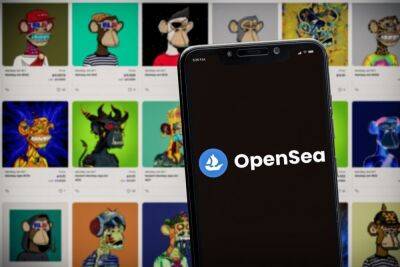Buterin ups Optimism after community uproar but here’s the caveat
Vitalik Buterin has always advocated the participation of smaller holders in governance. He recently supported Optimism’s governance proposal in his tweets despite the latest backlash on the blockchain. What is the proposal about and what was the backlash that eventually engaged the OP community?
<p lang=«en» dir=«ltr» xml:lang=«en»>This is a great example of why I'm so proud of @optimismPBC for adding non-token governance (the Citizen House).Optimism explicitly has goals *other* than just «make OP go up», and the only way to do that long-term is with explicit representation of non-token-holder interests. pic.twitter.com/vofVVx53mC
— vitalik.eth (@VitalikButerin) June 3, 2022
In the tweet, Buterin went on to appreciate Optimism for its efforts to use OP token for gas fees. This, Buterin believes, can encourage “explicit representation of non-token holder interests” that will eventually benefit the network.
Buterin then added links to two blog posts where he discussed why he opposes governance models that are token holder centric. The blog posts also talked about the new “houses” in Optimism’s governance structure: Token House and Citizens’ House.
As per Ethereum World News, the Token House features OP token holders, while the latter has NFT owners with “soul-bound” non-transferrable citizenship. Together, they will balance short-term and long-term initiatives. Both will be involved in deciding network parameters and granting citizenships.
The announcement for the OP token and airdrop was made in April and labeled as a “large scale experiment in digital democratic governance”. Optimism released the long-awaited airdrop on 1 June as part of the new governance called the “Optimism Collective”.
Clearly, the experiment hasn’t gotten
Read more on ambcrypto.com












![Bitcoin’s [BTC] exchange inflow and outflow are signaling… - ambcrypto.com](https://gocryptonft.com/storage/thumbs_400/img/2022/6/30/50941_h0f.jpg)


